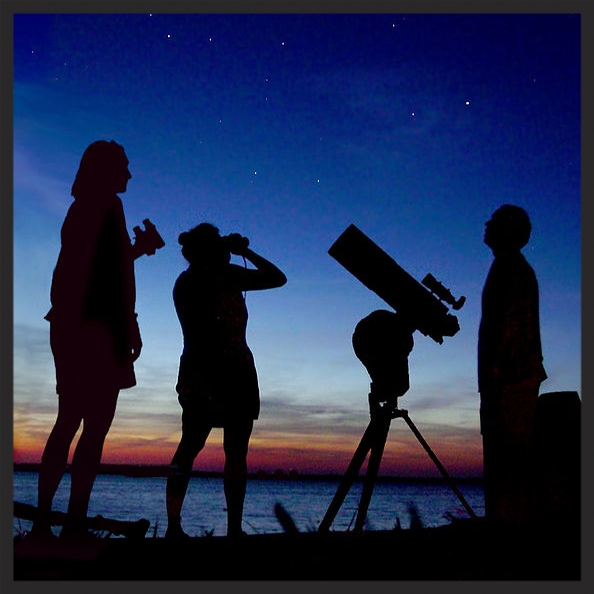Outdoor Science
WOLF offers courses throughout California and the surrounding states. We have many camps and venues from which to choose. All courses meet state curriculum guidelines and are designed to be interactive, fun, and challenging. Course curriculum is appropriate for grades K - 12 and courses may be one rotations or multi-day in-depth field studies.
Programs are designed to incorporate scientific field studies along with team building and problem solving skills. Students will learn, through hands-on activities and experiments, about riparian ecology, wildlife studies, birds of prey, botany, and geology. Some examples of our rotation activities may include wild edible hikes, microscopic studies, mineralogy, flower dissection, water and soil testing. Our knowledgeable instructors and naturalists are selected because of their professionalism and caring nature.
Activities
Oceans & Marine Life
Many of our camps offer access to oceans, sea and marine life, ocean ecosystems and tide pool exploration with catch nets and specimen identification cards. Sea Kayaking is available as an option at seaside locations.
Botany & Microscopes
WOLF invites students to explore unique world of flora native the camp area they are studying. Through hands-on activities, we hope to make the world of plants exciting and more accessible to students. To draw your class into this subject we have created botany activities calling for creativity and observation skills. Some of these experiments may be the extraction of aspirin from red willow, plant and flower dissection, identification of California medicinal and edible plants, the life of a tree, bark beetle study, mechanisms of seed dispersal, and transpiration.
Edible Plant Hike
Students participate in a hike through camp with a trained WOLF staff identifying plants and discussing the many uses of plants native to that area. Learning how the Native Americans in the area used the plants in a variety of different ways, or understanding the health benefits certain plants provide through vitamins and minerals. Also discussed are plants that are poisonous to humans and what to avoid while out in the wilderness.
Animal Shows
WOLF works with several Animal Show Program providers. Each offers unique species to present to the students. Each animal is described as it is brought around for student viewing. Students will have an opportunity to ask questions and learn about the animals being presented. Often times volunteers are invited up to hold the animals that are brought in.
Birds of Prey
Students will learn about raptors and their adaptations. Owls, hawks, eagles, and vultures will be studied. We will discuss their relationship with the environment, man, and each other. Students will learn about their physical characteristics, hunting techniques, keen senses, nesting habits, dietary needs, and their unique digestive process. Dissecting owl pellets gives Students an opportunity to identify skeletal systems of owl's prey, as well as learn about their digestive process.
Giant Sling Shots
Putting the laws of physics to the test, giant sling shots are a crowd favorite. Working together to launch objects as small as tennis ball to as large as basket ball, Students learn to shoot at a bullseye targets before competing in a points race knocking down cones or catching the launched ball in a bucket to see which team is the overall champion!
Geology & Fossils
In our geology courses students participate in interactive learning. Physical demonstrations help to give students a clear view of the sometimes confusing formation of the earth and its components. Your class can study plate tectonics, rock formations, erosion, fault structures, and fossilization. Designed as a field introduction course, WOLF's geology also allows students to discover the world of rocks and minerals. Mineralogy includes exploration of sorting and identifying minerals by characteristics such as texture, cleavage, crystal structure, color, streak, and hardness. Other activities include; geology map study, pick and hammer exploration, searching for fossils, making crystals, fault study, decomposition, and soil testing.
Field Science Journals
WOLF believes that students learn through many different sources. To help your class retain the information they are learning WOLF is able to provide a journal for your education experience. In each rotation students are encouraged to use their journals take notes, draw field sketches, and record data. The journals are filled with information concerning Native American Culture, field science courses, astronomy facts, data tables, and blank pages for thoughtful writing.
Night Hikes & Astronomy
These activities are an important part of the WOLF curriculum. Students will participate in astronomy and sensory awareness night hikes. They will learn about star formation, black holes, changing sensory perception, nocturnal animals, and observe planets and nebulae through telescopes.
Riparian Ecology
WOLF believes it is extraordinarily important for students to understand the source and influences of their water. To educate students in this area we have designed several activities where they can study the biotic and a-biotic systems affecting water. Often we incorporate the water cycle and watershed pollutants in these courses. For studying the biological side of our water we use microscopes, nets, and lenses to collect, examine, and identify various types of crustaceans, insects, spiders, and fish. To study the chemical nature of fresh water, students conduct elaborate experiments; testing for ammonia, nitrates, dissolved oxygen, temperature, turbidity, and pH.
Solar & Battery Inventions Lab
The inventions lab pairs students to invent battery and solar powered air boats in a think tank style environment. Students test and modify their inventions in and out of the water using wires, motors, solder, solar panels, batteries, tools, and more!
Mammals and Tracking
Students will learn about adaptations, tracking, hunting techniques, carnivorous and herbivorous species. Nocturnal, diurnal and crepuscular lifestyles will also be discussed and studied. Using field guides, Students will locate and identify tracks. We have a rotation which provides them with a plaster mixture to capture the tracks for the students to take home.
WOLF delivers a comprehensive hands-on science curriculum to inspire student inquiry and promote concepts of environmental stewardship and discovery. Students use tools, collect specimens, record data, and perform field science experiments in a wide variety of state standards science topics to match what they are learning in the classroom.
Our education and adventure combination accentuates outdoor experiences by emphasizing self-discovery, confidence building and scholastic learning. Our many camps are chosen because of their potential to challenge and stimulate each student. Please look through our many program possibilities and let us design a custom experience for you.








